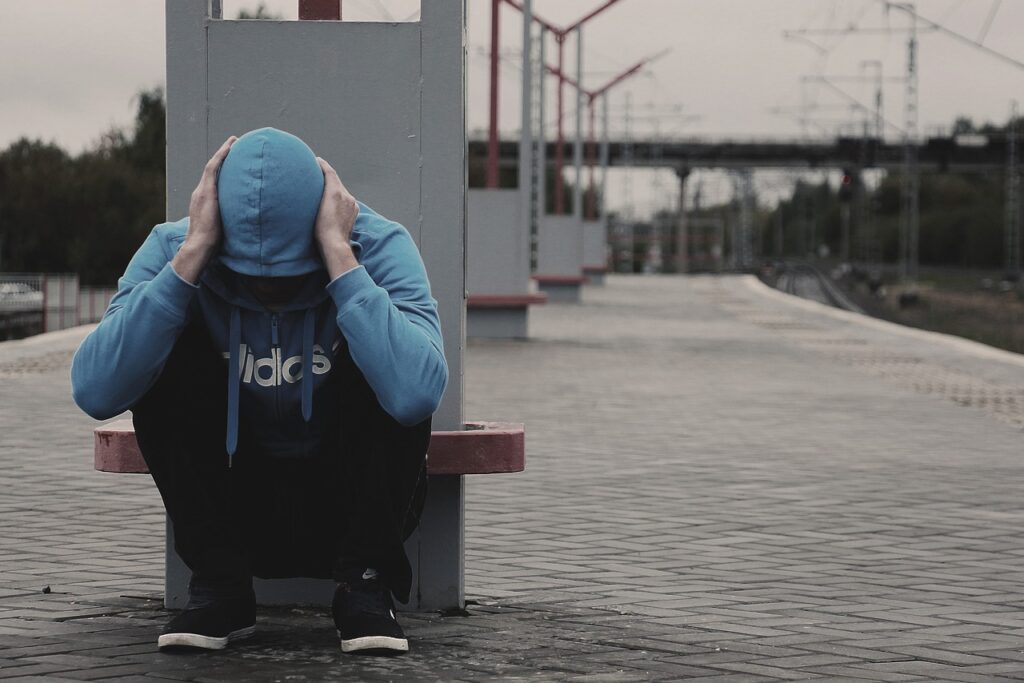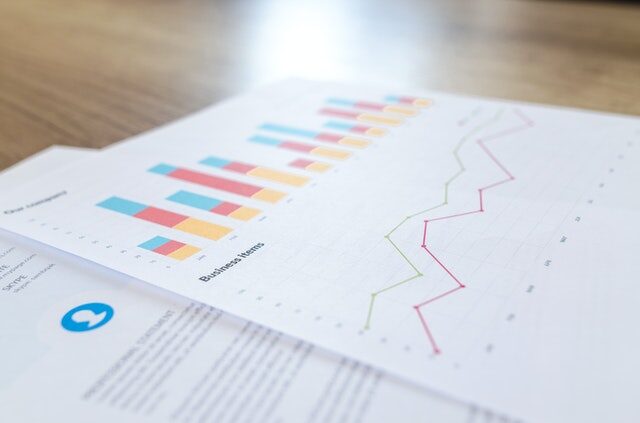A paper published in 2021 has shown that most young people (aged 12-25) with newly reported opioid use disorder (OUD) or opioid poisoning had presented with mental health problems or other substance use disorders in the two years before.
The paper, focused on those in receipt of private health insurance in the US, showed that more females had reported mental health or substance use disorders than males.
It also showed that more younger people (aged 12-17) had such treatment than older people (18-25) in that age group.

The paper suggested that this presents an opportunity for young people to be screened for opioid misuse risks and that they could be saved from going down that path in life.
In this article, we will look at this paper as well as two other topics – the problem of how males can be better engaged before they develop such issues, and the concept of mental health screening.

The 2021 paper in the Journal of Addictions Medicine looked at the incidence of previous mental health issues in young people were treated for opioid misuse or opioid poisoning.
The research looked at a database of commercial health insurance claims made in 2017 of people aged 12-25.
They found 16,860 cases where the young person had an International Classification of Diseases, 10th edition or 9th edition (ICD-10 or ICD-9) code for opioid use disorder or opioid poisoning.
Among the 16,860 cases, 4,926 cases met the criteria of not having made insurance claims in the previous two years for opioid use disorders.
These included:
In this group, the research team wished to assess the frequency of individuals having used mental health services through their insurance companies.
The criteria also included diagnoses of non-opioid substance use disorders such as alcohol, cocaine or cannabis addiction.
Specifically, the team looked for mental health issues including depression and anxiety as these are most strongly associated with opioid use.
Opiates are known to help ‘deaden’ emotional pain and anxiety, though are never prescribed by clinicians due to their addictiveness.

Among the 4,926 young people with opioid use disorders and/or poisoning, the research found 2,984 individuals had been either in mental health treatment or had known non-opioid substance use disorders.
This amounted to 60.6% of the young people in this study.
The research team looked at the numbers more closely, finding that:
This shows that the markers for any future screening should centre primarily on the presence of another substance misuse as this shows a propensity to ‘self-medicate’.
Depression and anxiety also showed themselves as strong markers for potential future opioid misuse. We will look at this in a later section.

Among the demographics:
The sex of the person is interesting as this mirrors other research into sex, addiction and mental health treatment.
Males are less likely to seek mental health treatment than females, and we will look at research into this matter in a later section.
The question of age may well be related to the fact that the US has a private healthcare system, and this was specifically focused on commercial healthcare insurance.
It did show that younger people can be screened and potentially prevented from developing opioid problems.
There is a variable that may make this presumption somewhat problematic elsewhere in the world.
Those who develop opioid use disorders in their younger adulthood may not have the funds necessary to access private health insurance, so economic status may play a role in this.
In Europe and other regions where healthcare is available free at the point of demand to all, research of this kind may discover a different outcome.

In 2017 research in New Zealand looked at a screening tool for clinicians to assess risky behaviour and mental health issues among young people.
Screening is a term whereby health authorities go through an otherwise healthy and generally asymptomatic population to seek cases where a condition may appear.
The COVID-19 crisis is a clear example where public health screening takes place in the hope that those with the virus will be identified and treated before they go on to infect others.
The paper raised certain ethical problems with screening.
As can be seen in the first paper we look at in this article, though over 60% did have other mental health problems, over 39% didn’t.
This means that a sizeable number of people who are not flagged as having the potential of an opioid use disorder will continue to go on to develop it.

The same paper also raised the idea that communities in which the screening takes place must cooperate with the programme.
Where this is a minority ethnic community, for example, there may be fears that they are somehow being targeted or stigmatised by such a screening programme.

With serious mental health problems and opioid use disorders, there seems to be a strong clinical case for screening as in the US this is a major public health crisis.
In other countries where there isn’t the issue of widespread access to pharmaceutical opioids, could the clinical case be so strong?
Opioids are not the only major mental health problem that could be screened for in a population.
Alcoholism, other substance use disorders and major mental health problems like schizophrenia and bipolar disorder, if treated at an early stage, could result in better wider public health outcomes.
To learn more about how addiction can make an impact on mental health, talk to our team on 0800 140 4690

The first paper we looked at in this article showed that females were more likely to have had treatment for their mental health or substance use than males.
A very common problem among male populations around the world is that they do not seek psychological support.
In the UK, suicide is the biggest cause of death among men between the age of 15-44.
Men are both less likely to report feeling distressed and less likely to seek help before taking their own lives.
In 2015 a systematic review involving 41 research papers and over 21,000 individuals, looked at why men failed to get physical or psychological support for their problems.
Briefly, it showed:

Among these issues, and reflecting on the fact that younger males were getting treatment for their mental health issues in the first paper, one may suggest that even young males feel this way.
This suggests the idea that young boys are told that ‘to be a man’ they must be emotionally self-contained and self-reliant.
This can lead to them self-medicating for their issues, whether through alcohol or the numbing sensation of opioid misuse.
There are moves in some sections of society to make it less of a problem for males to seek psychological help for their feelings of distress.
However, with society as a whole easily described as a ‘patriarchy’ with female attitudes such as emotional support for one another discouraged, this can be very difficult for a man to do.
In reaching out for help men can feel somehow ‘less than’ their peers.
Given the very real suicide statistics we showed above and the 10.1% difference in young men getting treatment to young women in the main paper we look at above, this does suggest things need to change.
If young men do get help then they are less likely to self-medicate and are less likely to fall into addiction.

Widespread misuse of opioids is a major public health issue in the US, and as such screening programmes for potential use could help combat the problem at root.
In other countries where access to pharmaceutical opioids is not as much of a problem, ethics may prevent such screening.
However, if screening for risky behaviours and mental health issues were included in such screening, there may be a case to answer.
Finally, men’s mental health is an issue that needs to be addressed.
Young men need to be able to ask for help, and this may go as far as changing parenting practices to teach them to be more comfortable doing so.
Should this be effectively addressed, then perhaps fewer young men would end up self-medicating without asking for help from clinicians who could offer them far healthier recovery pathways.
If you would like to learn more about the impact of addiction and mental health in our society and what can be done about it, call our helpline for free on 0800 140 4690